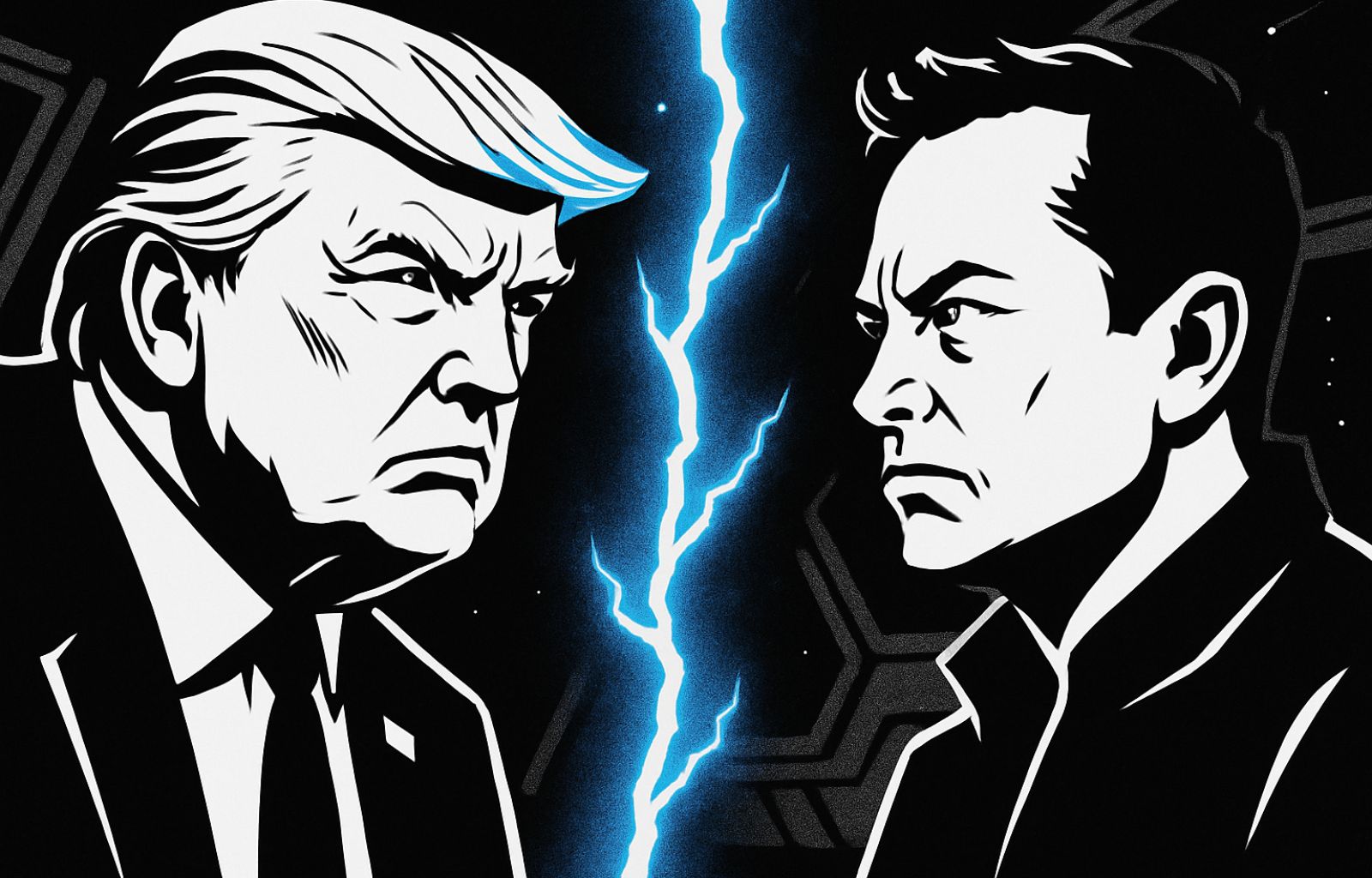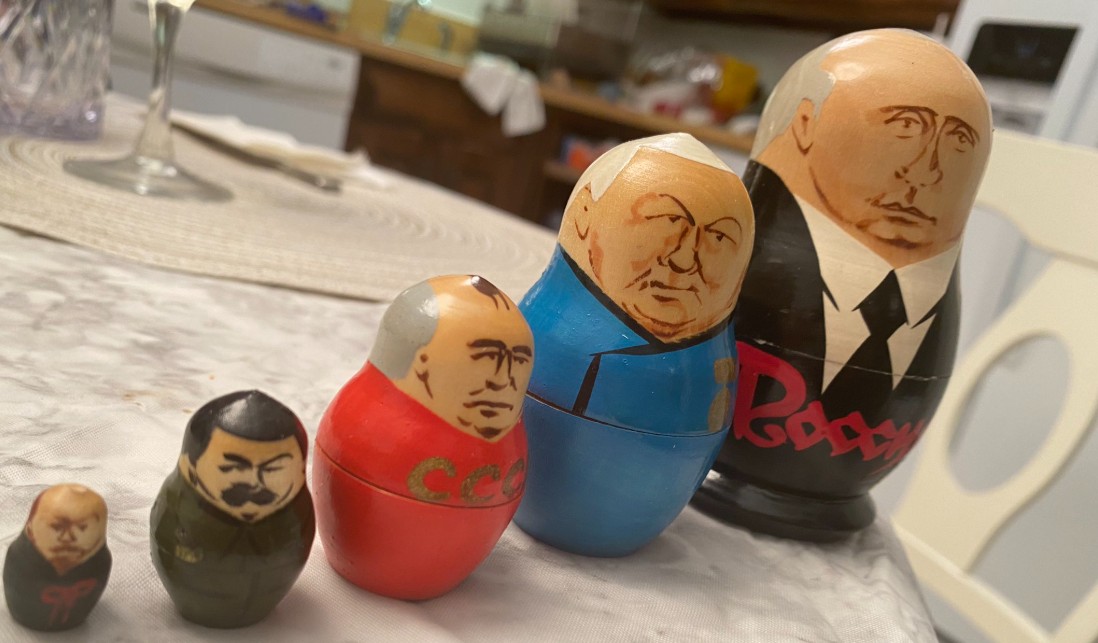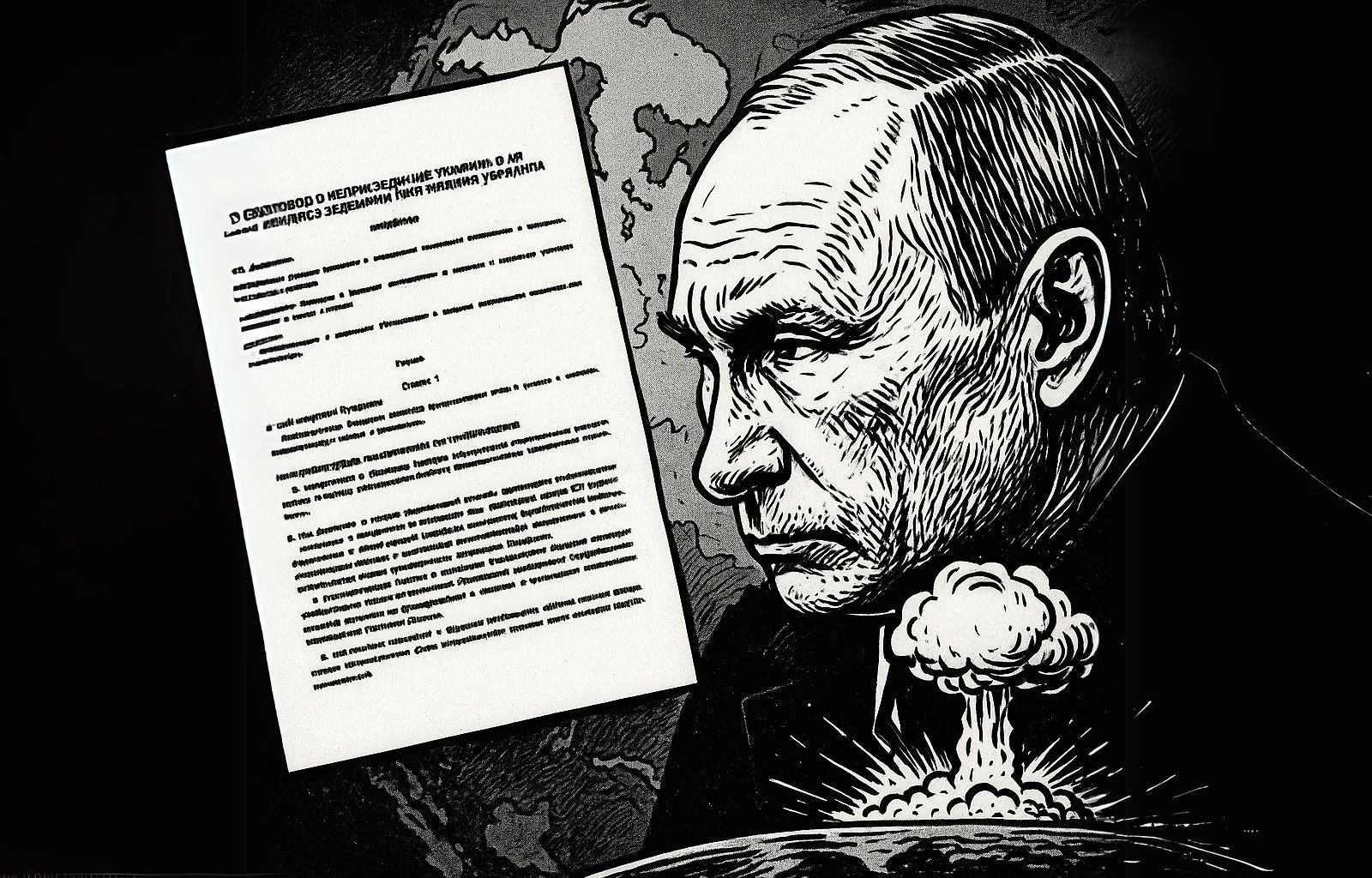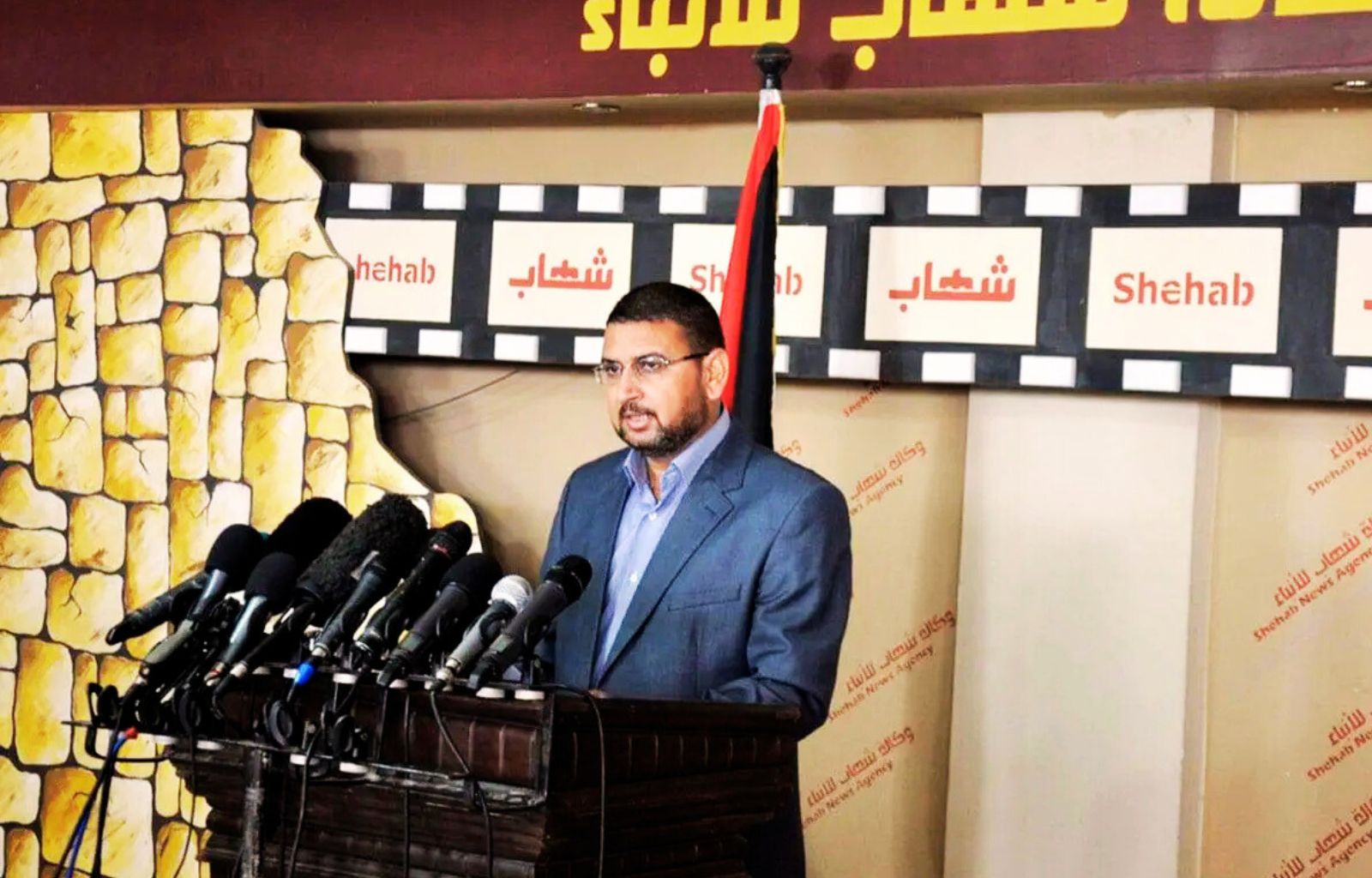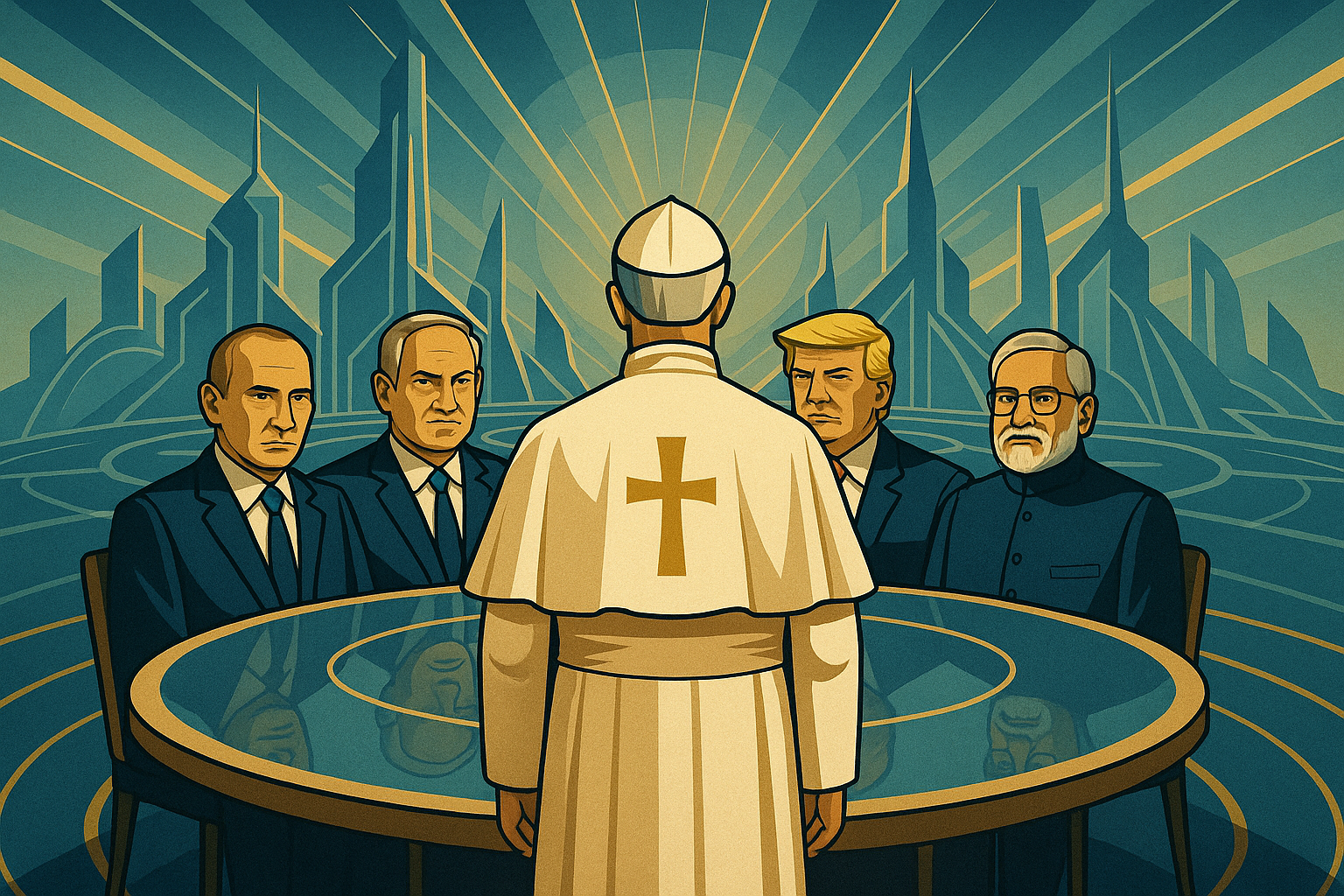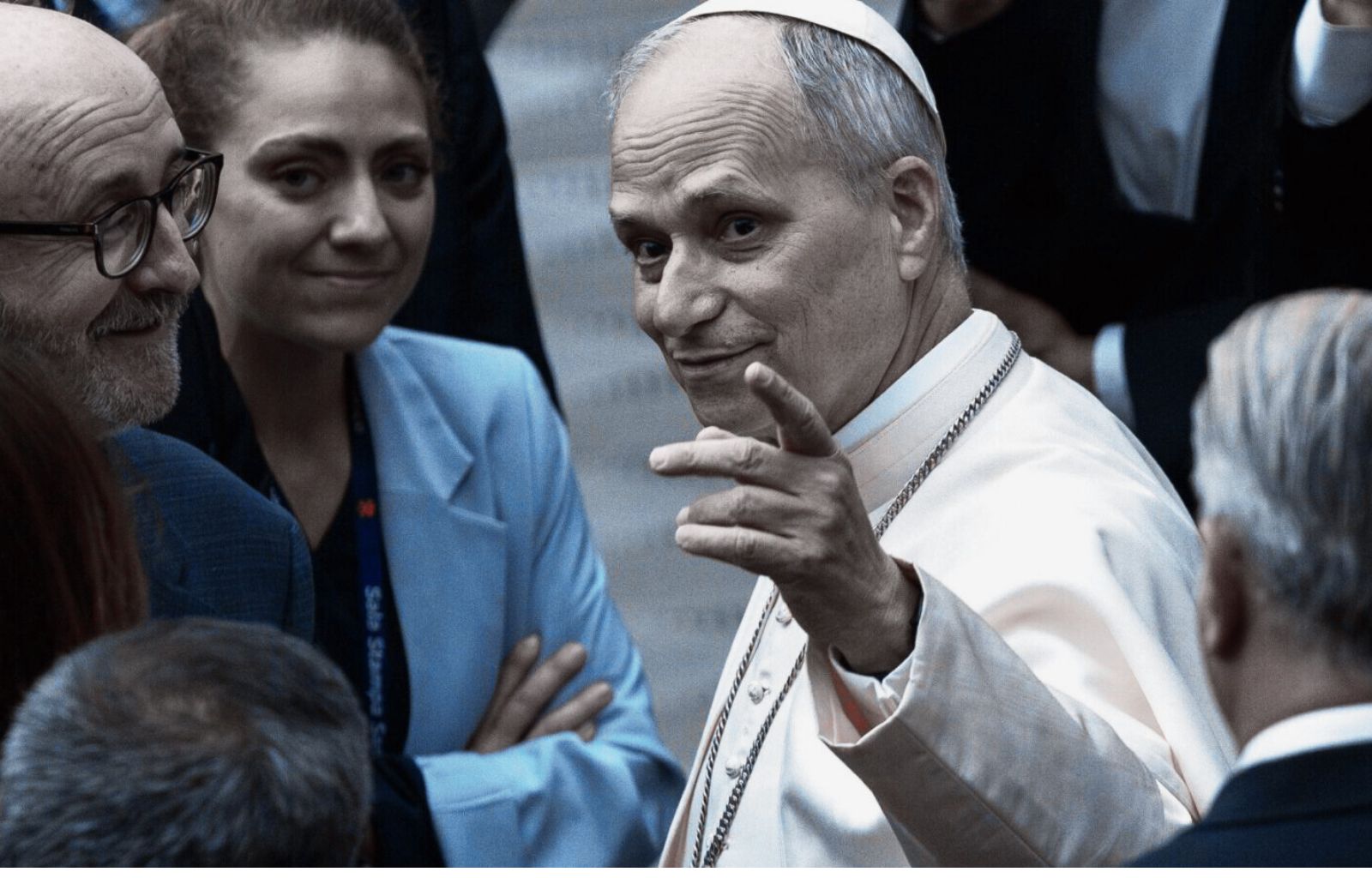“Cuban soldiers with Russia, Europe must break with the Castro regime.” Interview with Gutiérrez Boronat, voice of the dissidence
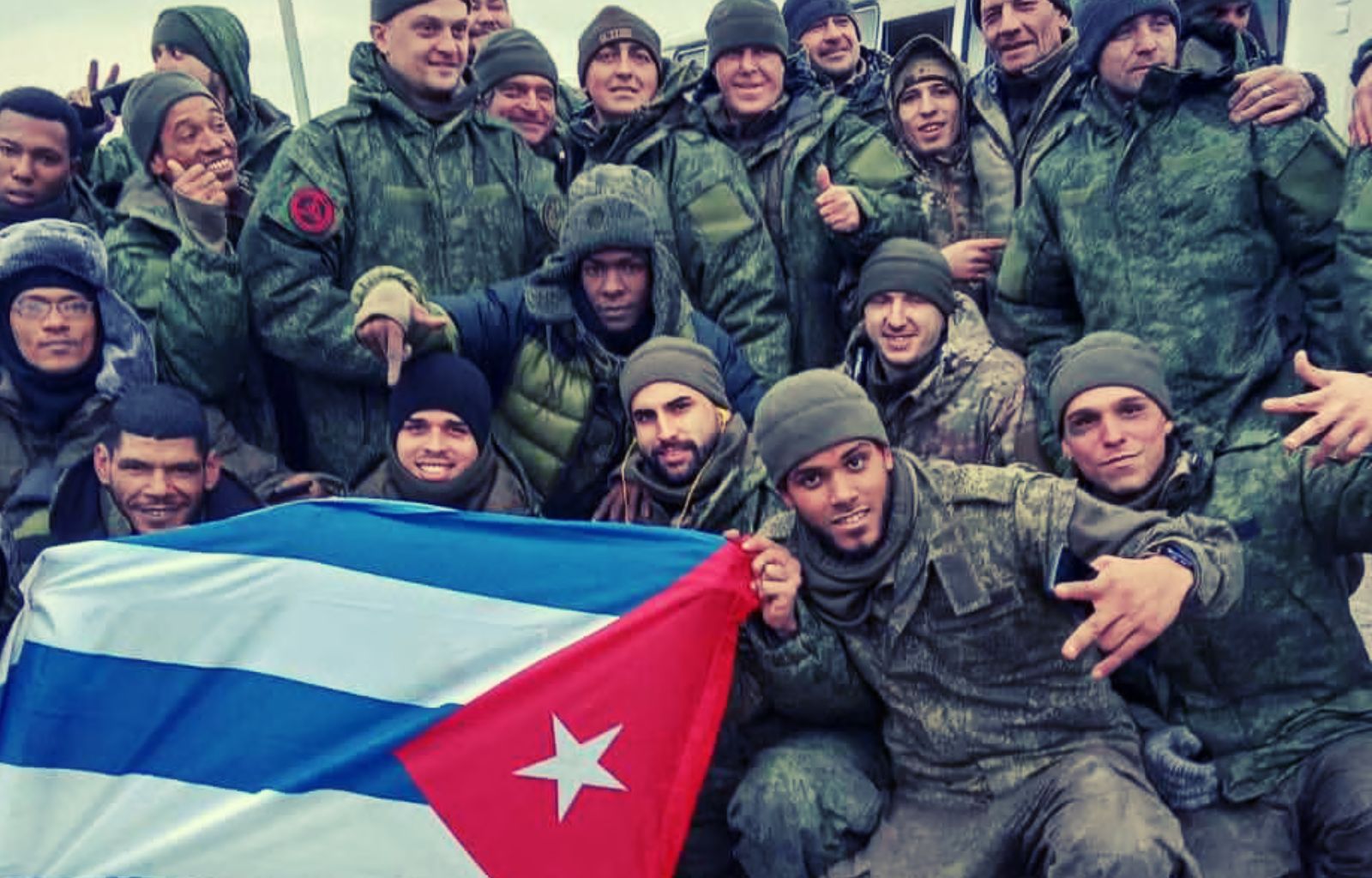
“Cuba is not just a problem for Cubans. It is an international laboratory of totalitarianism, a node in the global authoritarian network. As long as Europe continues to treat it as a legitimate interlocutor, it remains complicit.” With these unequivocal words, Orlando Gutiérrez-Boronat—political scientist and long-time human rights activist—denounces the indifference of the European Union toward the repressive and neocolonial nature of the Cuban regime.
Co-founder of the Cuban Democratic Directorate and a key figure in the Assembly of the Cuban Resistance, an international coalition that brings together over 40 human rights organizations and pro-democracy groups, both inside and outside Cuba, Gutiérrez-Boronat has been relentlessly advocating for a free and democratic Cuba for decades.
We interviewed him exclusively for L’Europeista, during a meeting held at the headquarters of the Euro-Gulf Information Centre (EGIC) in Rome. As he continues his international campaign alongside parliamentarians and governments to demand the end of the EU-Cuba Political Dialogue and Cooperation Agreement—which he claims serves only to strengthen the dictatorship—EGIC itself is actively working to raise awareness among institutions and media outlets about the global security risks posed by the Cuban regime.
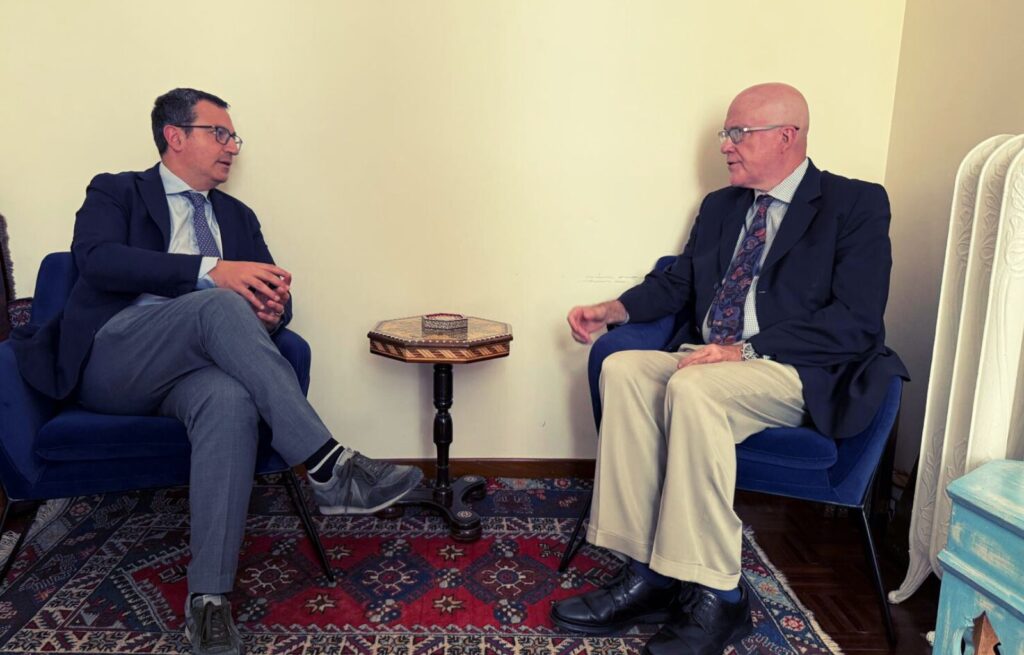
Dr. Gutiérrez-Boronat, why do you consider Cuba a central actor in the global authoritarian threat landscape, despite its limited economic power?
Because the power of the Cuban regime is not measured in economic terms, but in ideological and strategic ones. Over the decades, Cuba has become a platform for the export of totalitarianism. Its intelligence services are sophisticated, its alliances with authoritarian regimes such as Russia, Iran, and Venezuela are entrenched, and it even maintains operational ties with groups like Hezbollah and Hamas. It’s no exaggeration to say that Cuba is a military actor in the Ukraine conflict, aligned with Moscow. This is a regime that exports repression.
There have been increasing reports of Cuban troops serving alongside Russian forces in the invasion of Ukraine. What can you tell us about this?
This is not just a rumor—it’s a fact, and a deeply alarming one. The Cuban regime has sent military personnel to support Russia’s war in Ukraine, either directly or through logistical and training roles. Some of these soldiers are officially part of agreements for technical cooperation, but in practice they are combatants in a foreign war that has nothing to do with the defense of Cuba. It’s a scandal that a government which claims to stand for anti-imperialism is now actively participating in an imperialist war. This shows the true nature of the Havana regime: it is not only repressive at home but also dangerous abroad. It aligns itself militarily with authoritarian powers and destabilizes international security. Europe cannot ignore this any longer.
You’ve long denounced Cuba’s strategy of disinformation and manipulation of collective memory. What does that entail?
The Cuban regime is a master of deception. For over sixty years there have been no free elections, yet abroad the “Cuban revolution” is still mythologized. Propaganda has erased dissenting voices, glorifying a revolution that has become pure tyranny. The lack of freedom, economic misery, and daily repression are masked by a carefully crafted narrative—one that still resonates with segments of the European and Latin American left.
Meanwhile, opposition movements inside and outside the country continue to mobilize. What is the current state of the Cuban democratic resistance?
The resistance is alive and organized. The Assembly of the Cuban Resistance works in coordination with activists inside and outside the island. We build bridges, form networks, and keep hope alive. But we need international support. We are working to establish a structure for a potential government-in-exile, much like what happened in Afghanistan. This is not a fantasy: it’s a concrete option for preparing for the aftermath—because the regime will collapse.
Are there realistic scenarios for change in Cuba?
Yes, there are at least four plausible scenarios. First, internal power fragmentation: tensions exist among the military, intelligence, and civilian elites. Second, the return of Cuban troops from foreign conflicts, who may either bolster repression or join transnational criminal groups. Third, an unstable transition driven by popular unrest, an aging leadership, and declining international support. And finally, the worst-case scenario: further authoritarian entrenchment through renewed alliances with regimes like Russia and Iran.
You have repeatedly accused the European Union of complicity. What do you ask of Europe today?
We ask Europe to stop funding the dictatorship. The Political Dialogue and Cooperation Agreement between the EU and Cuba is a historic mistake. It has not improved human rights conditions, it has not opened spaces of freedom—it has merely provided money and legitimacy to a criminal regime. Thanks to our diplomatic efforts, countries like Sweden and Estonia have called for a revision or outright termination of the agreement. It’s a good start, but not enough. Europe must listen to the victims, not the perpetrators.
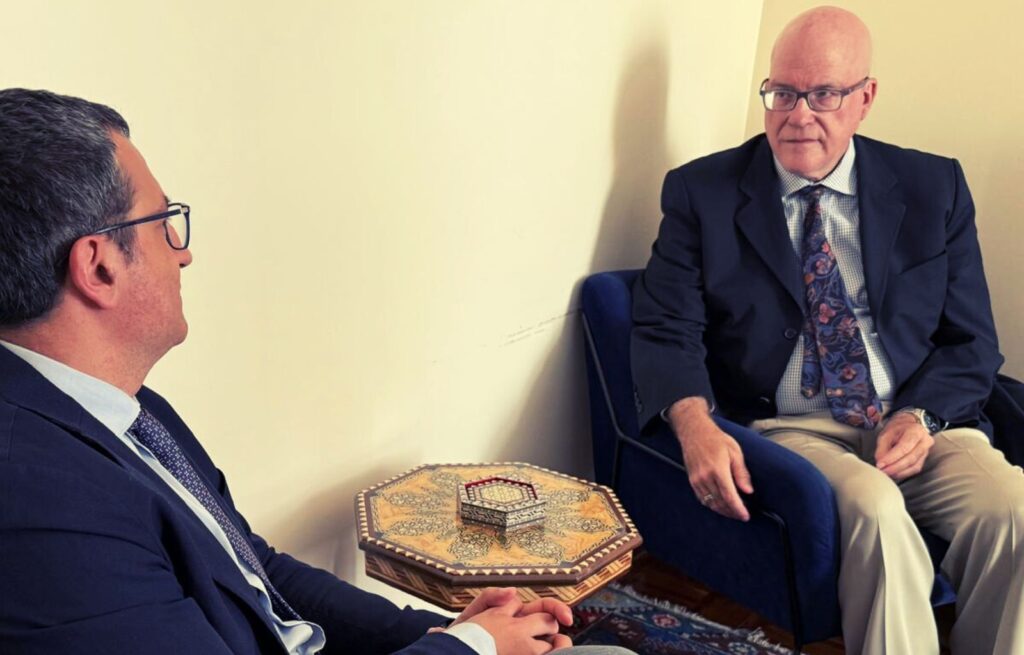
In Sweden and Estonia, you’ve achieved significant political recognition. What did it mean for you, as a dissident, to present the Cuban flag to Mart Laar, the leader of Estonia’s post-communist transition?
It was deeply symbolic. Mart Laar represents what Cuba could become: a free, democratic nation integrated into the West. It is possible. But it requires political will. And it requires Europe’s will. Freedom is not granted—it must be fought for and supported.
Thank you, Dr. Gutiérrez Boronat. You are welcome.
Conclusion
Cuba is not just a Latin American concern—it is a pressing issue for Europe. As a strategic ally of authoritarian powers like Russia and Iran, and now even militarily involved in the invasion of Ukraine, the Havana regime represents a growing challenge to European interests and values. Orlando Gutiérrez-Boronat’s testimony makes it clear: the Cuban dictatorship is not only repressing its own people, but also exporting repression and destabilization abroad.
His appeal to Europe is urgent and direct. By continuing to uphold the Political Dialogue and Cooperation Agreement, the European Union risks legitimizing and financing a regime that actively undermines democracy—both within its borders and internationally.
At L’Europeista, we will continue to monitor this story closely. Because how Europe responds to Cuba is a litmus test of its commitment to human rights, democratic principles, and geopolitical responsibility. And on this front, silence is no longer an option.

